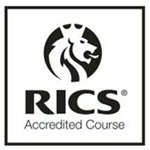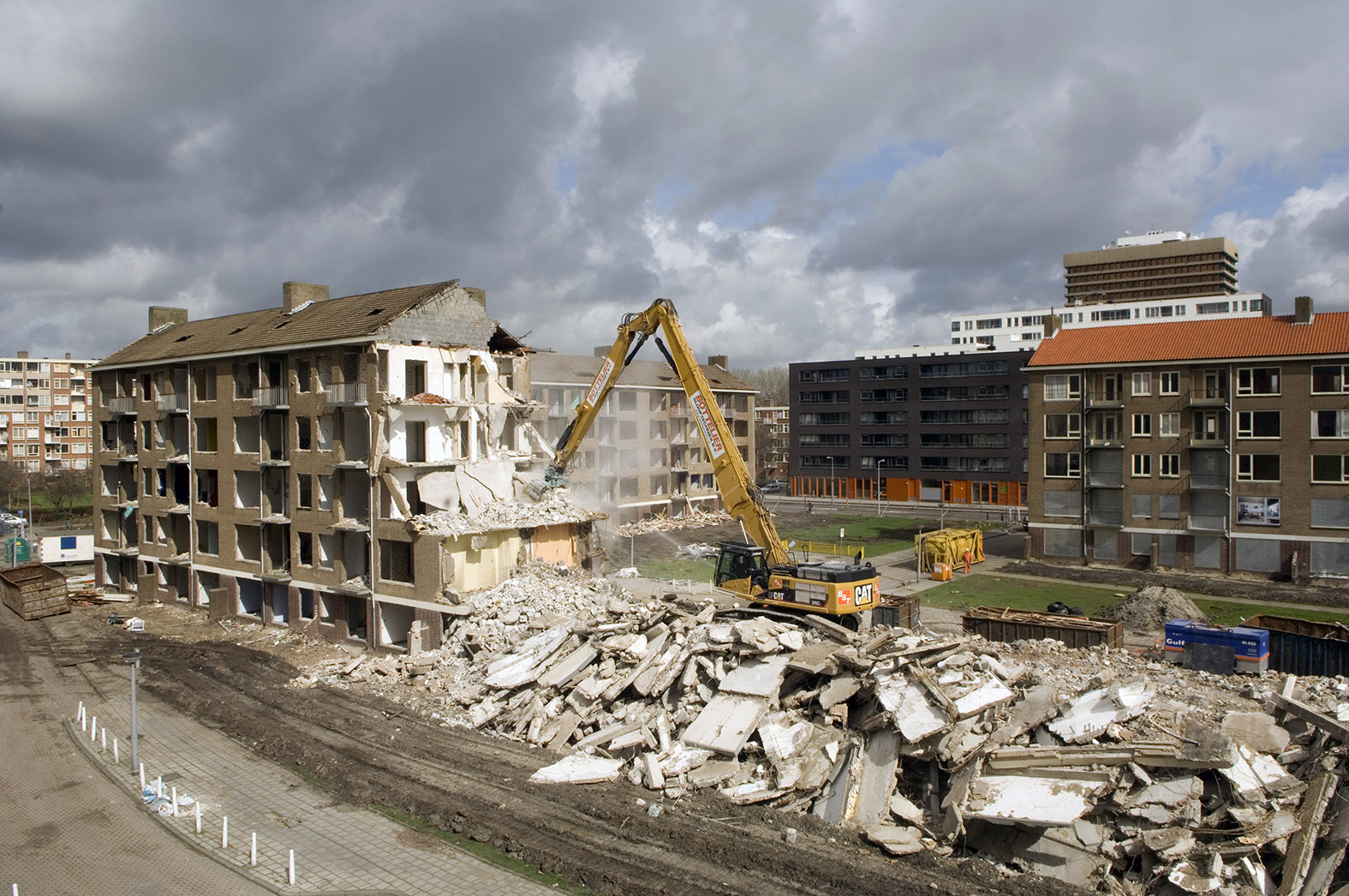Courses master Real Estate Studies
The Department of Economic Geography at the University of Groningen is one of the leading centres in Continental Europe in real estate. It offers a Master in Real Estate Studies that integrates financial engineering, location theory and planning. You will be trained in integrating financial and economic-geographic skills with knowledge of local institutions. This programme is RICS accredited.

What will you learn?
The programme of the master Real Estate Studies consists of the following courses. Click on the course title to go to the full course description, information about lecturers, literature and time period. The courses in this programme have been scored against the United Nations Sustainable Development Goals. Find a general overview of how all of our programmes relate to the SDGs.
Finance for Real Estate (5EC)
Value and value creation are central concepts of Corporate Finance. The value of an asset depends on the size, the timing and the risk of the expected cash flows generated by an asset. In this course you will learn how to determine the value of any asset. You will apply these techniques to value financial securities and investment opportunities of companies.
Real Estate and Land Supply: Connecting Public and Private Valuation (5EC)
The square meter price of land in a metropolitan city like New York may be many times that of peripheral cities, while real estate construction costs may be the same in both places. Public squares and city parks seem to have no economic value but may generate major attractiveness to private real estate around them. In this context, understanding how economic processes shape configurations of real estate and land is of major importance. The course is designed first to develop students scientific analytical thinking about the sustainable value of real estate and land developments and second to improve their skills in measuring and analyzing these value changes.
Related SDG: 11 sustainable cities and communities
International Real Estate Markets (5EC)
This course analyzes real estate markets in a global and institutional comparative approach. Specifically, we will analyze the international real estate markets from three aspects. First, user demand for real estate. Second, we will investigate real estate from the perspective of investors. Third, institutional settings within which international real estate markets operate are also key to understanding the functioning of international real estate markets. The course deals with institutions, differences in institutions, and the functioning of markets across housing and commercial real estate markets.
Real Estate Investment (5EC)
The real estate markets have become global, making the real estate profession an international enterprise. At the same time global, commercial brokers report huge differences among local real estate markets. Therefore, it is crucial to understand the risk and return characteristics associated with investing in both residential and commercial real estate. This course analyzes real estate markets in a global and institutional comparative approach. The course deals with institutions, differences in institutions, and the functioning of markets across housing and commercial real estate markets.
Real Estate Research (5EC)
This course focuses on data analysis & quantitative methods that are used in real estate – broadly defined. The aim is to apply quantitative methods to real estate concepts and associated problems.
Real Estate Development (5EC)
Planning and evaluation are key concepts in Real Estate Development (RED). This course covers concepts & principles in real estate discussing its actors, development process and real estate submarkets. During the course you must write a RED investment proposal incorporating different applications from RED planning & economics.
Related SDG: 11 sustainable cities and communities
Electives (10 EC)
For an overview of possible courses, please visit our course catalogue Ocasys.
Master's Thesis in Real Estate Studies (20EC)
The master thesis is based on research done by yourself, whether or not with a company or another institution. Ultimately, the thesis has to result in a sound synthesis, in which you reflect on the used methods and the results of the research.
| Last modified: | 05 April 2023 12.09 p.m. |



